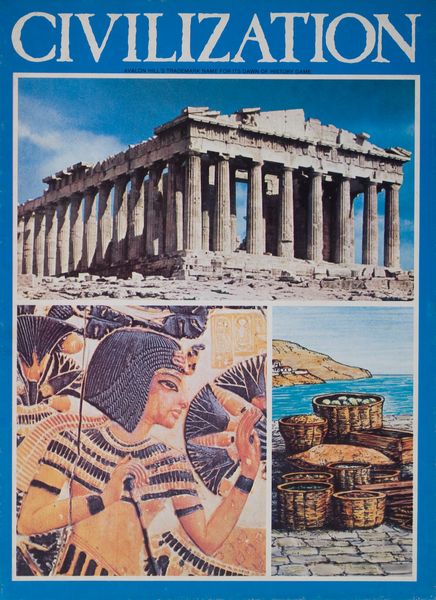Civilization (1980) Board Game
Civilization is a classic board game that was first released in 1980 by designer Francis Tresham. It is a strategy game where players take on the role of leaders of ancient civilizations, building cities, developing technologies, and expanding their empires.
Game Components of Civilization
How To Setup Civilization
Setup involves each player choosing a civilization and placing their starting Population Tokens and City Tokens in designated areas on the board. Players also place their tokens on the Progress and Census Tracks. The number of players determines which civilizations and regions are used. Trade Cards and Civilization Cards are placed on their respective spaces on the board. Each player’s tokens are managed through their Playmat, which includes spaces for stock and treasury.
Gameplay Mechanics and Game Objective
Player Experience
Civilization is known for its deep strategy and long gameplay. It requires a significant investment of time and effort to learn and play. The game is praised for its minimal luck and randomness, with predictable outcomes based on player decisions. However, the complexity and length can be daunting, and the game’s rulebook is notoriously dense. The game balances population growth, resource management, and technological advancement, making it a challenging but rewarding experience.
Pros
Cons
Personal Thoughts on Civilization
Civilization is a game for the dedicated strategist and history enthusiast. It is ideal for players who enjoy deep, long-form games and are willing to invest the time to learn and master its complex mechanics. While it may not appeal to those seeking quick, casual gaming sessions, it remains a classic and influential game in the genre of civilization building and strategy. If you’re looking for a game that challenges you over several hours and rewards meticulous planning and strategy, Civilization is an excellent choice.
We are supported by our audience. When you purchase through links on our site, we may earn an affiliate commission, at no extra cost for you. Learn more.

